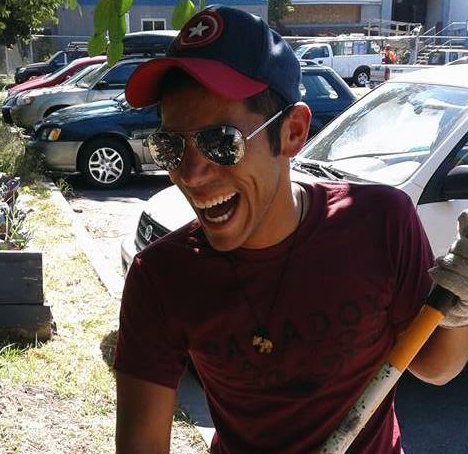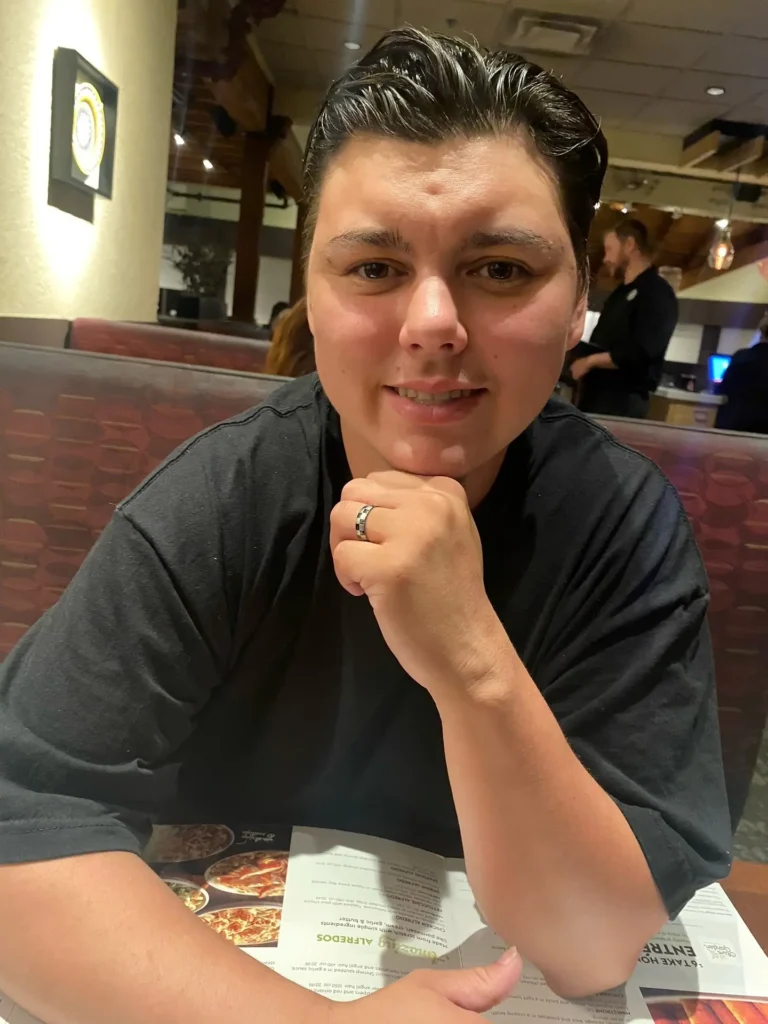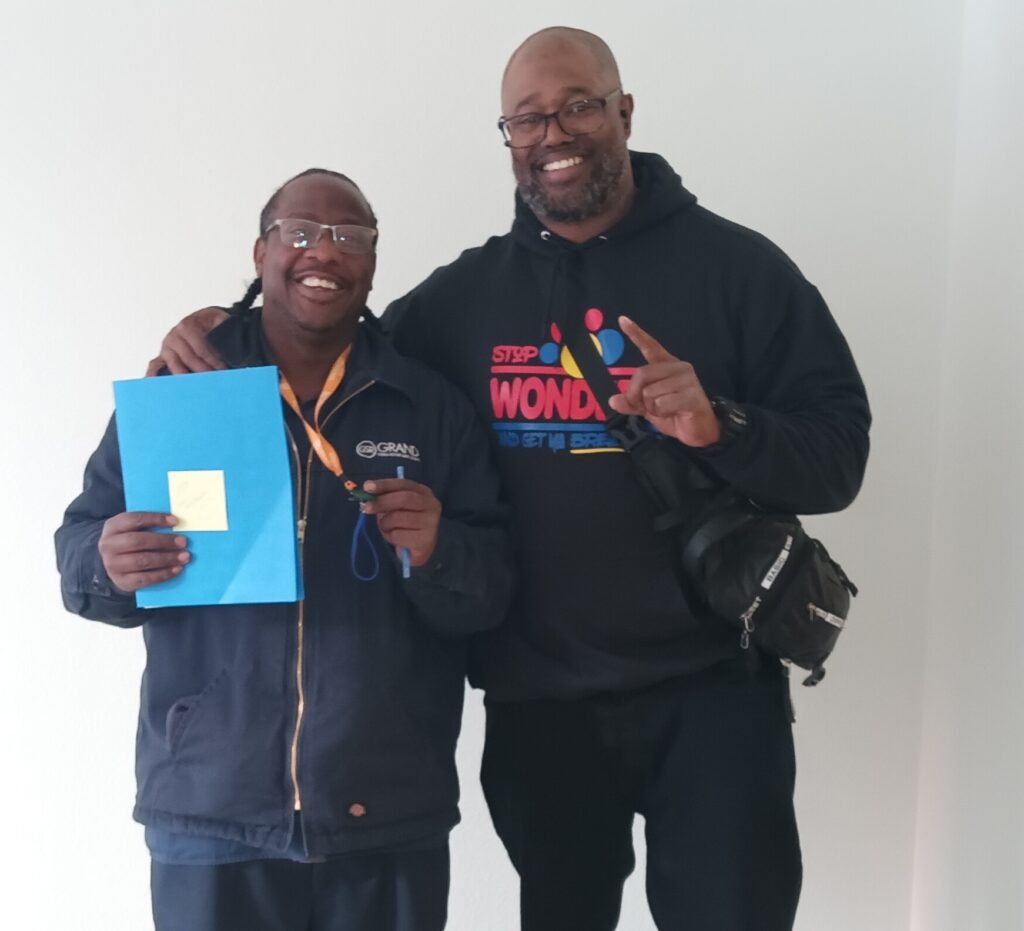Jonah’s HOPES case manager has kept in touch with him to make sure he’s getting the support he needs and is continuing to thrive. In his new environment, Jonah has been able to build a support system and get a job at FareStart, a community restaurant where he was once a student. With this fresh start – and the unwavering dedication of his HOPES case manager – Jonah has been able to take control of his life.
Here is a letter Jonah sent HOPES staff about his journey and how he is doing in his new environment:
I hope you are all well. First, I want to take the time to say thank you for actually giving me the opportunity to take back my life. I know for a while there it was a battle, but even though I had given up on me, you hadn’t given up on me. That speaks volumes about the people you are: decent, empathetic, compassionate. The work you do impacts lives, which makes your jobs truly important and you are all the right people to do the work. The gift you have given me, my family, to those I can be useful for, my friends, is my life.
The moment I landed at SeaTac Airport the work for me truly began. I knew my life would improve since it was familiar territory that I was walking into, but not at the rate or level that it has improved. That first 24 hours I had reconnected to all my original resources. Then there were all the “voices.” I had a mini panic attack because of the amount of people trying to advise me on which direction to go. Listening to them and trying to figure it all out for what I wanted was overwhelming. I caught myself complaining about it and quickly stopped. Outside of HOPES, I had no “voices” giving me advice as to how to rebuild my life and stay sober. There was no support. I was alone, and now I had more than I could handle. What a blessing, but be careful what you wish for.
I have gotten so many clothes, food has to be turned away, my friend from Oregon is coming to work out a budget plan with me in 2 weeks. I am volunteering, I am told that people are asking about my story because doing the work for me is inspiring them. I am building a strong community and network of sober and healthy friends. I am running. I am reading again. I am gardening. Google peer counselor. Google SASG that is where I got my peer recovery coach. Homeless advocacy recovery support is in my future. I have to cater an event for Microsoft so I will close. I could keep going trust me.
All this is because of all of you,
Jonah




